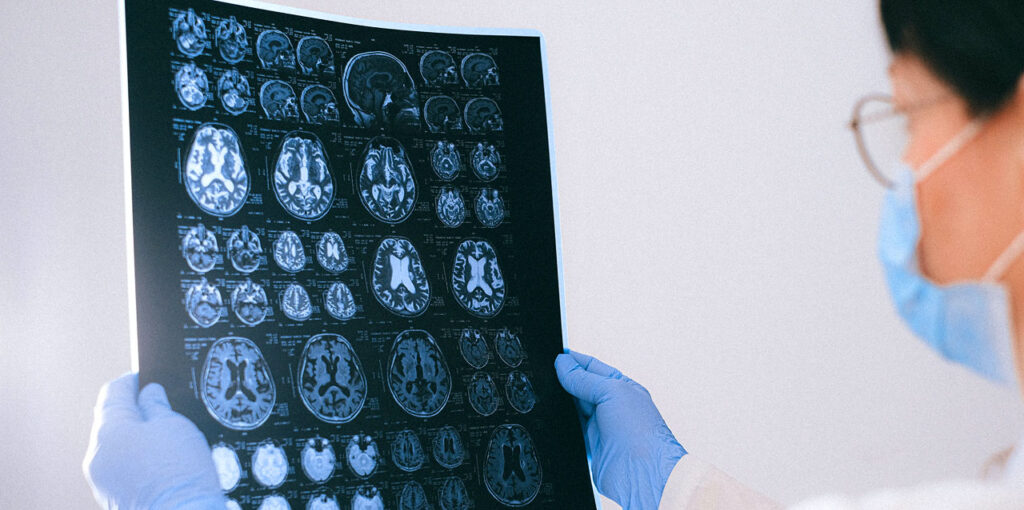From Skin to Brain: How Your Gut Microbiome Affects Every Part of Your Body
Gut microbiome is a term used to describe the complex community of bacteria, fungi, and other microorganisms that live in your digestive tract. While it may seem like these tiny creatures only affect your gut health, research has shown that they can impact every part of your body – from your skin to your brain! In this blog post, we’ll explore how your gut microbiome affects each of these areas and what you can do to keep yours healthy.
The Connection Between Your Skin and Gut Health
Did you know that your gut microbiome could be responsible for your acne or eczema? It turns out that the bacteria living in your gut play an important role in regulating inflammation throughout your body, including on your skin. When your gut microbiome is unbalanced, it can lead to increased inflammation which can cause skin issues such as acne, rosacea, and psoriasis. Luckily, there are ways to improve your gut health and reduce inflammation, such as by consuming probiotics and prebiotics.

How Your Brain is Affected by Your Gut Bacteria
Your gut microbiome doesn’t just affect your physical health; it also plays a significant role in your mental health. Studies have found that certain types of gut bacteria can produce neurotransmitters that affect mood and behavior. Additionally, when your gut microbiome is imbalanced, it can lead to chronic inflammation which has been linked to depression, anxiety, and other mental health conditions. Taking care of your gut health through dietary changes and supplements can help support both your physical and mental wellbeing.
Understanding the Role of Inflammation in Chronic Disease
Inflammation is a natural response to injury or illness, but when it becomes chronic, it can contribute to many different health problems. Research has shown that chronic inflammation can increase the risk of developing diseases such as heart disease, cancer, and autoimmune disorders. The good news is that managing your gut microbiome can help reduce systemic inflammation throughout your body. Eating a balanced diet rich in fiber and fermentable carbohydrates, taking probiotics and prebiotics, and reducing stress levels can all help promote a healthier gut microbiome and lower inflammation levels.
Probiotics, Prebiotics, and Supplements for a Healthy Gut
There are several things you can do to support a healthy gut microbiome. Probiotics are beneficial bacteria that can help restore balance to your gut flora. They can be found in foods such as yogurt, kefir, sauerkraut, and kimchi, or taken in supplement form. Prebiotics, on the other hand, are non-digestible fibers that feed the beneficial bacteria already present in your gut. Examples include whole grains, fruits, vegetables, and legumes. Finally, supplements such as omega-3 fatty acid fish oil and vitamin D can also support gut health.
Conclusion: Taking Care of Your Whole Body
Taking care of your gut microbiome isn’t just about improving your digestion; it’s about supporting your overall health. By promoting a healthy gut environment, you can reduce inflammation, improve mental health, and even lower your risk of chronic disease. So make sure to incorporate plenty of fiber-rich foods into your diet, take probiotics and prebiotics if necessary, and try to manage stress levels to maintain a happy and healthy gut microbiome.
Are you struggling with digestive issues such as constipation, IBS or hemorrhoids? Click here for the latest ground breaking research on specific plants, herbs and fibers to improve digestive health and gut microbiome for both men and women.




